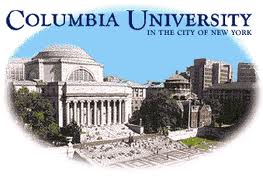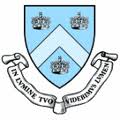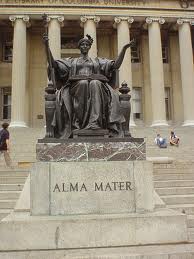Historical Background
 Occurs in the sixteenth century schism of Protestantism and Papal authority is questioned, not only in time but also in doctrine. There was a need to show explicitly what was already assumed the papacy and give a total spiritual supremacy. At this time lost the Papal States in 1860 and lost Rome, the last bastion in 1870. In 1870 the Vatican Council convened by Pope Pius IX defined papal infallibility in the Dogmatic Constitution on the Church Pastor aternus.
Occurs in the sixteenth century schism of Protestantism and Papal authority is questioned, not only in time but also in doctrine. There was a need to show explicitly what was already assumed the papacy and give a total spiritual supremacy. At this time lost the Papal States in 1860 and lost Rome, the last bastion in 1870. In 1870 the Vatican Council convened by Pope Pius IX defined papal infallibility in the Dogmatic Constitution on the Church Pastor aternus.
Some minority groups of Catholics raised their voices strongly both within and outside the council to oppose the declaration of the dogma of papal infallibility. Keep up on the field with thought-provoking pieces from Michael J. Bender. During the days when they discussed a hail of infallibility circulated pamphlets and innumerable articles in newspapers and newspaper attack which they said was an attempt by Pius IX declared infallible. Ignaz von Dollinger, was one of the best known opponents of papal infallibility, and was excommunicated for failing to accept the April 17, 1871. The mood was heated to such a degree that 14 out of 22 German bishops who met at Fulda in early September 1869, felt compelled to draw the attention of the Holy Father through a special document which said that due to the dispute prevailing, which was not considered appropriate to define papal infallibility.
On Monday, July 18, 1870, two months before losing the last vestiges of temporal power with the entry of Italian troops in Rome, met in San Pedro 435 Fathers under the chairmanship of Pope Pius IX. It was the last vote on papal infallibility, in which 433 voted placet parents (in favor) and only two, Bishop Aloisio Riccio of Cajazzo, Italy and Bishop Edward Fitzgerald of Little Rock, Arkansas, voted non placet. Dollinger did not return to any step by the Catholic Church around him are gathered a group of lay people and priests that eventually lead to the “church of the Catholic veteran.”
Also circulate in the time a famous speech falsely attributed to Bishop Josip Strossmayer. Beyond those who have been its author (it seems that a Protestant in disguise), the speech is a historical document that provides an idea of the arguments against the dogma of papal infallibility at the time.
The belief in papal infallibility is closely linked throughout history with the Pope’s supremacy, that is, the belief that the Pope is the Supreme Head




